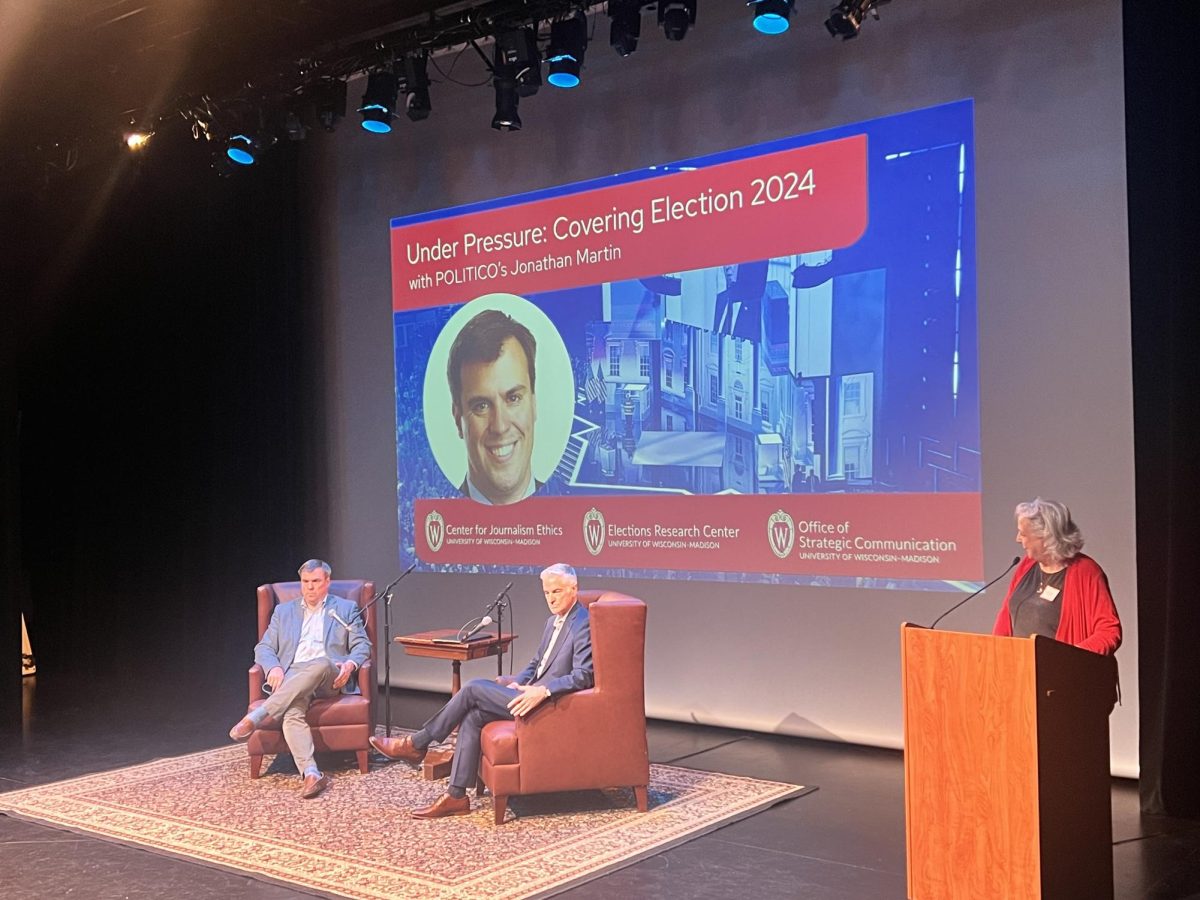The chief clerks in the state Senate and Assembly acted constitutionally in paying attorney’s fees of legislators and staff involved in the caucus scandal investigation, a Circuit Court Judge ruled Monday.
The suit was brought by political-watchdog group Common Cause in Wisconsin, which claimed it is a violation of the state constitution to pay legal fees for lawmakers and said aides should only be repaid when they are found not guilty.
The 16-month investigation into whether state legislative aides illegally campaigned on state time has cost Wisconsin taxpayers more than $700,000 in legal fees.
In the ruling, judge David Flanagan said Senate Chief Clerk Donald Schneider and Assembly Chief Clerk Patrick Fuller acted constitutionally when they made payments for lawyers’ fees.
“Both the Wisconsin Senate and the Wisconsin Assembly have authorized the payment of certain legal fees on behalf of employees, officers and elected members of the legislature who have become involved as parties in a current John Doe proceeding considering the activities of the Senate and Assembly caucus organizations,” Flanagan said.
Jay Heck, executive director of Common Cause, said the decision was quick and narrow, but the group will consider repealing the decision. However, voters can decide to support the payment halt by not voting for candidates in favor of the payment of legal fees.
“We are, of course, disappointed with Circuit Court Judge David Flanagan’s decision today, dismissing our lawsuit seeking to have the payment of legal fees to legislators and staff under criminal investigation 16-month-old caucus scandal investigation declared unconstitutional,” he said. “We continue to believe these payments are not in the public interest and that they are illegal.”
Heck said Flanagan’s ruling is narrow and that he did not approve the legislative action authorizing the payment of attorneys’ fees. He also said Flanagan emphasized that concerns about payments are well founded.
“But the Judge has ruled that any resolution of our concerns must be, at least in the near term, a political one and not a matter for the courts or the judicial process,” Heck said. “We still think that it is unconstitutional, but we are doing things to appeal. This was not a statement on whether it was a good thing or a bad thing to pay legal fees.”
Senate Chief Clerk, Donald Schneider said legal fees of state employees have been paid since the 1980s.
‘The judge ruled that the payment of fees is proper and legal, and I agree,” he said. “The senate accepted [fee payment] back in 1980 and at this point it is nice to have this behind us.”
Schneider said Flanagan “appropriately applied” the law based on the case.
He also said the payment of legal fees has slowed in the past few months.
“We have made payments in the past, but recently we have not made payments,” he said.
Heck said in light of the decision, the matter shifted from the legal arena to the public and political arena.
“Jim Doyle and Scott McCallum both said they [are] opposed to the payment of fees, but McCallum did not give Doyle, as Attorney General, the authorization to halt payment of the fees,” he said. “This is now in the hands of voters.”
Libertarian gubernatorial candidate Ed Thompson said he disagrees with the decision, because it is a waste of taxpayer money.
“Court action isn’t working; the only way we are going to stop this misuse of our tax dollars is to elect a governor who is willing to stand up to the career corruption that pervades Madison,” Thompson said. “It is sad that the lawsuit even had to be brought. Gov. McCallum should have pressured the legislature from the beginning not to pay these attorney fees.”
Thompson said the prepayment of legal fees does more than waste money; it also tarnishes the state’s investigation.
“Paying the caucus-scandal attorney fees does more than waste hundreds of thousands of dollars. It corrupts the investigation,” he said. “How do you expect a state-legislature worker being questioned in the caucus investigation to provide evidence against the legislature leadership that is paying his legal bills? If this were a mob case, you’d call it hush money.”







